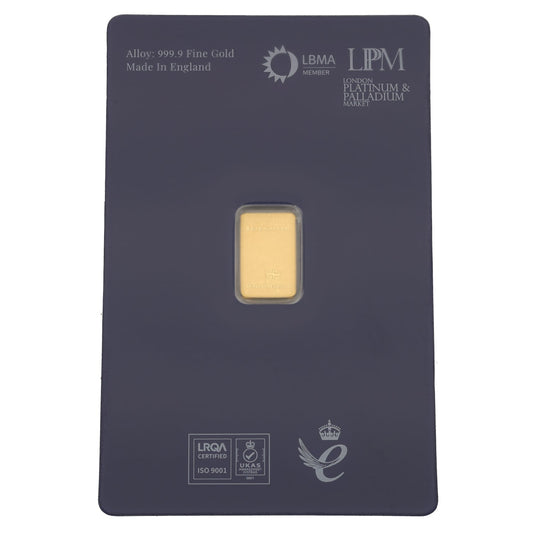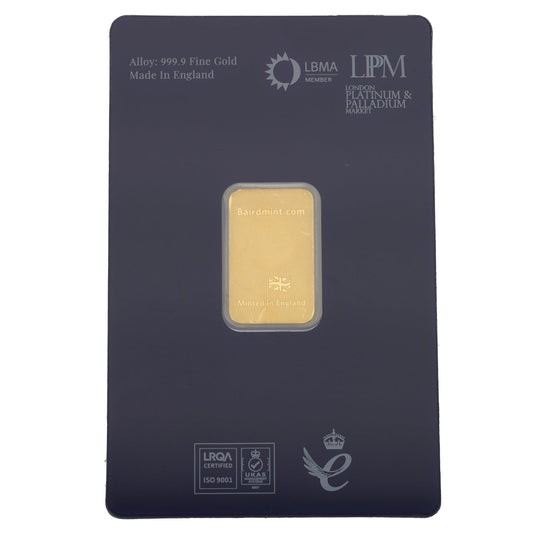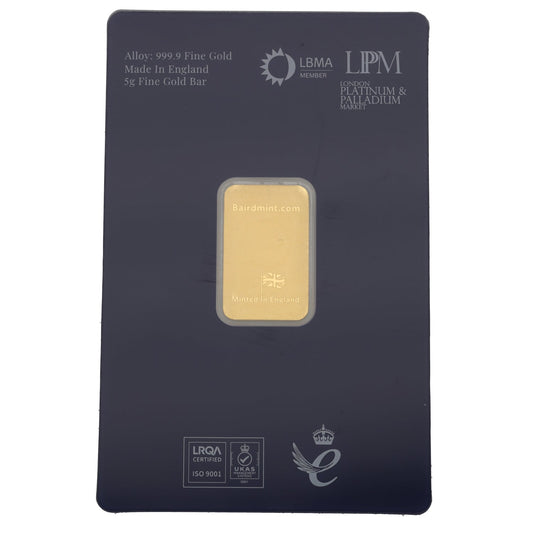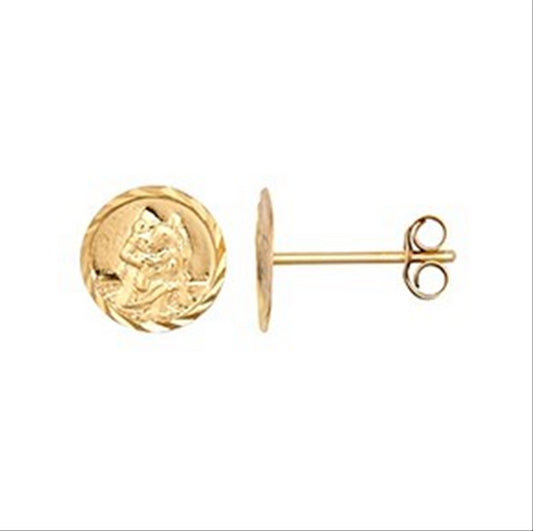One good way to find saving ideas that may work for you is to learn from others. Unfortunately, we don’t live in a society where talking about money is the norm, and if you don’t have trusted friends and family to discuss it with, it can be hard to know where to start. We’ve compiled some of the top tips from successful savers here in this guide to give you some ideas to build on in your own life.

Create an honest budget
First thing’s first – create a budget. This is where you write down all of your usual income and expenses, right down to the last detail. Try not to leave anything out, and be honest about the figures you use.
Look back through your bank statements online to get an idea of where you’re spending money regularly. You may be surprised at how much is spent on certain categories – for instance, buying a supermarket meal deal costing £3 each weekday lunchtime adds up to £60 in an average month. This may not be an expense you’ve considered in large terms before and is exactly the type of thing you should look out for when compiling your budget.
Once you’ve got a good idea of the amount you need to live, work and eat, you can start working out how much you’re able to save. Any surplus money should be set aside for savings, and if you can shave off some pennies here and there throughout your budget, you’ll find you can save quite a bit more than you originally thought.
You can do this by renegotiating terms with utility suppliers, phone and internet suppliers, comparing costs on your food and taking advantage of deals and voucher codes.

Save in more than one place
Once you know how much you want to save, it’s always a good idea to split up your savings. Many successful savers have at least 3 separate savings ‘pots’. You don’t have to put a large amount into each one to start seeing results quickly. But, why 3?
The first savings pot is the kind that is there for minor emergencies, when it’s very useful to have a little fund you can dip into if you need to. Sometimes we all need to access our savings unexpectedly, and it really helps if you have some cash put away that is accessible on short notice.
The second savings pot is for your mid-term larger purchases and goals. You may want to go on holiday at some point in the near future, or you may be saving up for a new washing machine, family car or property renovations. These savings should ideally be left alone to build, but can be used in severe emergencies.
The third savings pot is the one that you never touch, unless it’s absolutely necessary. This is the savings pot you use for your future, and so it can be put into a savings or investment account that pays more interest but doesn’t grant immediate access. This is the perfect place to put any money towards long-term plans and property-buying.
Use cash
Many successful savers use cash on a daily basis, as it’s much easier to keep track of what you’re spending. It’s also easy to compartmentalise your weekly and monthly expenses by taking out what you need in cash and separating it out into envelopes. This can be a great way to get yourself to stick to a budget in certain areas, such as food shopping.
Cash also has an added bonus in that you often have a pocket or wallet full of change at the end of the week. This change can be saved up too – one of the most effective methods is to have 2 coin jars: one is for all £2, £1, and 50p coins. These are the easiest to spend in shops and build up quickly. The second jar is for all other coins, and should be left alone until it’s full. Then, the change can be sorted, bagged and banked, or put through a change counting machine found at most large supermarkets. You’ll be surprised how much you’ll accumulate in just a couple of months.

Get into a saver’s mind-set
Successful savers have a very clear set of rules they follow when saving. Having just one savings account can make it too tempting to just keep dipping into whenever you need, and often results in your savings being depleted far sooner than they otherwise would have been. Whichever savings methods you use, you must be clear with yourself (and others, if this is a joint savings account) exactly what you can and cannot do.
Make a habit of checking your savings accounts daily. This is important even if you know the balance hasn’t changed, because it helps to keep your mind on your goal. Watching it build up over time can be very satisfying, and knowing that you have the third untouchable savings pot gaining interest in the background can create a real feeling of security.
Setting goals is also very important, as it keeps you focused and will prevent you from losing steam if you’re unable to save as much as you’d like at certain times of the year. Have short-term, mid-term and long-term goals set up so that you don’t have to wait too long for a little success. Above all, stay positive and expect there to be hiccups – if something goes wrong, simply make a new plan, carry on, and you’ll soon be reaping the rewards.






























